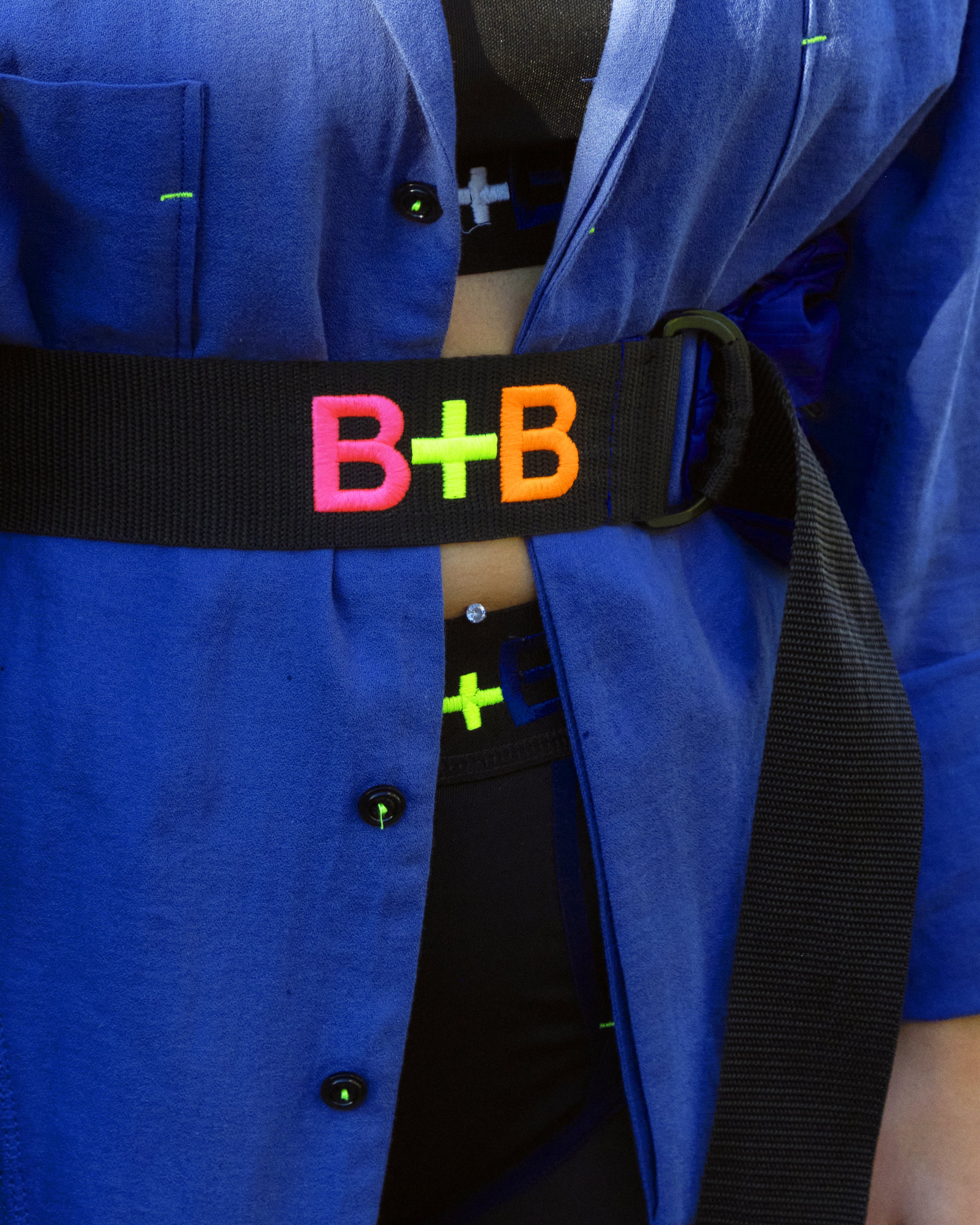La mode unisexe : une tendance à la mode
Introduction de la tendance mode unisexe
La mode unisexe gagne en popularité dans le monde de la mode actuel. Elle se définit comme une tendance visant à mettre fin aux différences vestimentaires entre les sexes. Les vêtements conçus par les marques unisexes conviennent aussi bien aux hommes qu'aux femmes. Cette tendance transforme l'industrie de la mode , jusqu'alors divisée entre hommes et femmes.
Contexte historique et social de la mode unisexe
Les origines de la mode unisexe remontent au mouvement pour les droits des femmes des années 1960 et 1970. Ce mouvement remettait en question les rôles et les stéréotypes traditionnels liés au genre. Les communautés LGBTQ+ , qui cherchaient également à briser les barrières entre les sexes, ont adopté la mode unisexe. Aujourd'hui, la mode unisexe s'inscrit dans une tendance plus large en faveur de l'inclusion et de l'égalité.
L'histoire de la mode unisexe
Les mouvements pour les droits des femmes et des LGBTQ +
La mode unisexe est apparue parallèlement aux mouvements de défense des droits des femmes et des personnes LGBTQ+ dans les années 1960 et 1970. Ces revendications ont entraîné un rejet des codes vestimentaires traditionnels et une recherche de nouveaux modes d'expression. Les vêtements unisexes sont devenus un moyen d'exprimer son individualité et de défier les stéréotypes de genre.
L'évolution des codes vestimentaires
Grâce aux icônes de la musique pop comme Prince ou David Bowie , qui portaient des vêtements androgynes , la mode unisexe a gagné en popularité dans les années 1980. Les codes vestimentaires ont évolué depuis pour inclure des styles unisexes à la fois tendance et fonctionnels.

Marques de mode unisexes
Minuit Deux : une marque française éthique et responsable
Minuit Deux est une marque de mode unisexe française proposant des vêtements éthiques et durables. Ses créations s'adressent à toutes les morphologies et identités de genre.
Les avantages de la mode unisexe
Liberté d'expression
La mode unisexe offre une grande liberté d'expression. Elle permet de briser les stéréotypes de genre et de s'exprimer à travers ses vêtements. Conçus pour s'adapter à toutes les morphologies et identités de genre , les vêtements unisexes offrent une grande flexibilité et une grande variété de styles et de designs.
Durabilité et éthique
La mode unisexe est associée à des pratiques écologiques et éthiques. Les marques de mode unisexe sont conscientes de l'impact de l'industrie de la mode sur l' environnement et la société . Elles s'efforcent de réduire leur empreinte environnementale tout en respectant les droits des travailleurs. En achetant des vêtements unisexes , les consommateurs contribuent à la protection de l'environnement et à l'amélioration des conditions de travail dans l'industrie de la mode.
Simplicité et intemporalité
Les vêtements unisexes sont simples et intemporels, ce qui les rend adaptables et faciles à porter en toute occasion. Ils peuvent être combinés avec différents styles et accessoires pour créer des looks uniques et personnalisés. De plus , ils sont fabriqués avec des matériaux de haute qualité , ce qui leur permet de durer plus longtemps et de résister aux fluctuations de la mode.

Les défis de la mode unisexe
Stéréotypes et conventions sociales
Même si la mode unisexe gagne en popularité, les stéréotypes et les conventions sociales peuvent limiter son acceptation par certains consommateurs. Certains peuvent considérer les vêtements unisexes comme trop androgynes ou peu flatteurs, tandis que d'autres peuvent être gênés de porter des vêtements non conformes à leurs normes de genre.
Acceptation et reconnaissance de la mode unisexe
Outre l'acceptation et la reconnaissance du genre , la mode unisexe offre de nombreux avantages. Elle remet en question les stéréotypes de genre et favorise une approche plus inclusive de la mode. De plus, elle ouvre la voie à des créations plus uniques et personnelles, grâce à des pièces qui ne sont pas limitées par les rôles traditionnels de genre. L'acceptation de la mode unisexe peut contribuer à lutter contre la discrimination sexuelle et à promouvoir l'égalité des sexes. Cependant, cela nécessite une plus grande sensibilisation et acceptation de la diversité des genres dans la société.Enfin, la mode unisexe a gagné en popularité ces dernières années, témoignant d'une évolution des mentalités en matière d'égalité des sexes et de liberté d'expression. Elle offre une alternative prometteuse aux normes sociales de genre qui ont longtemps influencé les choix vestimentaires. Cette tendance se heurte toutefois à des difficultés, telles que la persistance des stéréotypes de genre et des normes sociales, qui peuvent freiner son adoption par certains consommateurs. Malgré ces difficultés, la mode unisexe recèle un potentiel considérable de développement et de diversification de l'industrie de la mode, en offrant aux consommateurs un choix plus large de vêtements, quel que soit leur sexe.






